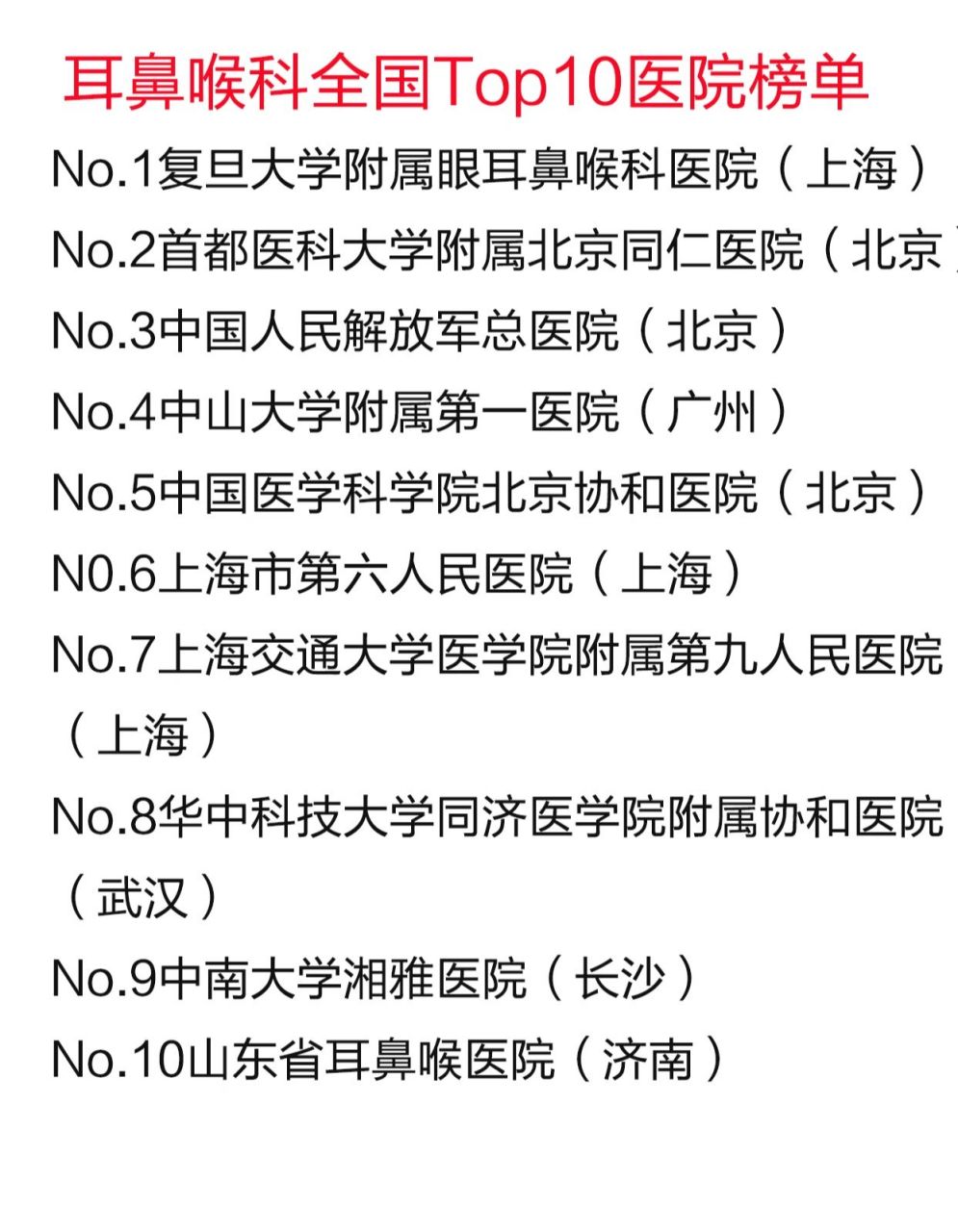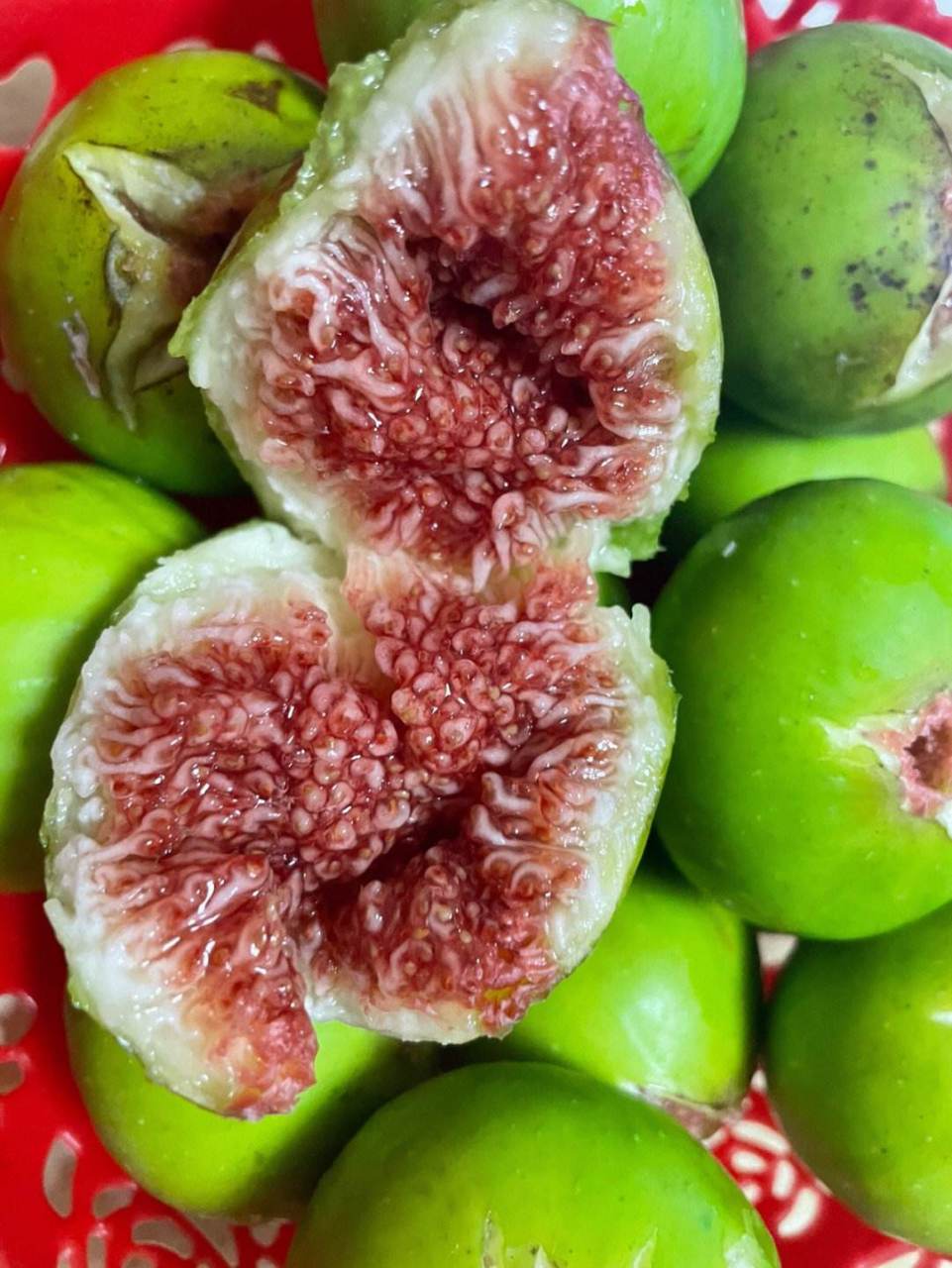
The symptoms of gout mainly include sudden and severe joint pain, usually starting in the big toe but can also affect other joints like the ankles, knees, wrists, and elbows. The joint becomes red, swollen, hot, and extremely tender. For treatment, lifestyle changes are important. Avoiding high-purine foods like red meat, seafood, and alcohol is crucial. Staying hydrated and maintaining a healthy weight also help. Medications may be prescribed. Nonsteroidal anti-inflammatory drugs (NSAIDs), colchicine, and corticosteroids can be used to relieve pain and inflammation during an acute attack. Long-term treatment may involve drugs to lower uric acid levels, such as allopurinol and febuxostat. Regular check-ups and follow-ups with a doctor are necessary to manage gout effectively.











